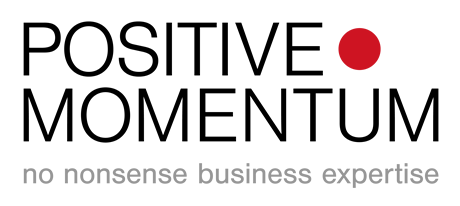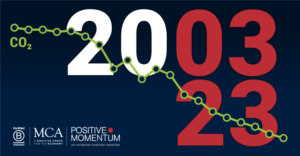Last week’s FT ran a beautifully clear example of supply chain disruption.
It raises a number of questions that those working in the coffee sector today will be asking themselves but is equally relevant to all sectors;
- What makes people spend £2.50 on a coffee and how do we meet/surpass the experience they expect for that price?
- What’s our part of the £2.50 and how we could we do more whilst improving what we ultimately deliver to our customer?
- How can we do better at protecting the actual bean growers who are getting the roughest deal here and without whom, the sectorial goose is well and truly dead?
- How can we reduce the carbon impact of the supply chain to ensure it remains sustainable and stands up to increasingly interested and informed consumer scrutiny?
Whatever your sector, you can be pretty certain that its supply chain is being disrupted in some small or significant way. Even service sectors who have traditionally benefitted from reduced levels of competition and large, mostly static portfolios of clients are now losing market share to new players who are turning the supply chain on its head, working backwards from what the best cup of coffee looks like for a service buyer.
As technology enables new solutions, consumers demand better and more sustainable outcomes and we start to leverage the fresh, new perspectives that a more diverse workforce brings, we are seeing disruption on an unparalleled scale.
I hate to use the s word but taking a step back, laying out clearly the value points in your supply chain and challenging yourself hard on what you could be doing to maintain your rightful place in that sector is what strategy is all about.
Implementing strategy is then the difference between a thought provoking and fun strategy offsite day and a transformative step change that moves the business, its customers and its suppliers to a fundamentally better place. That requires courage, of a Viking kind!








